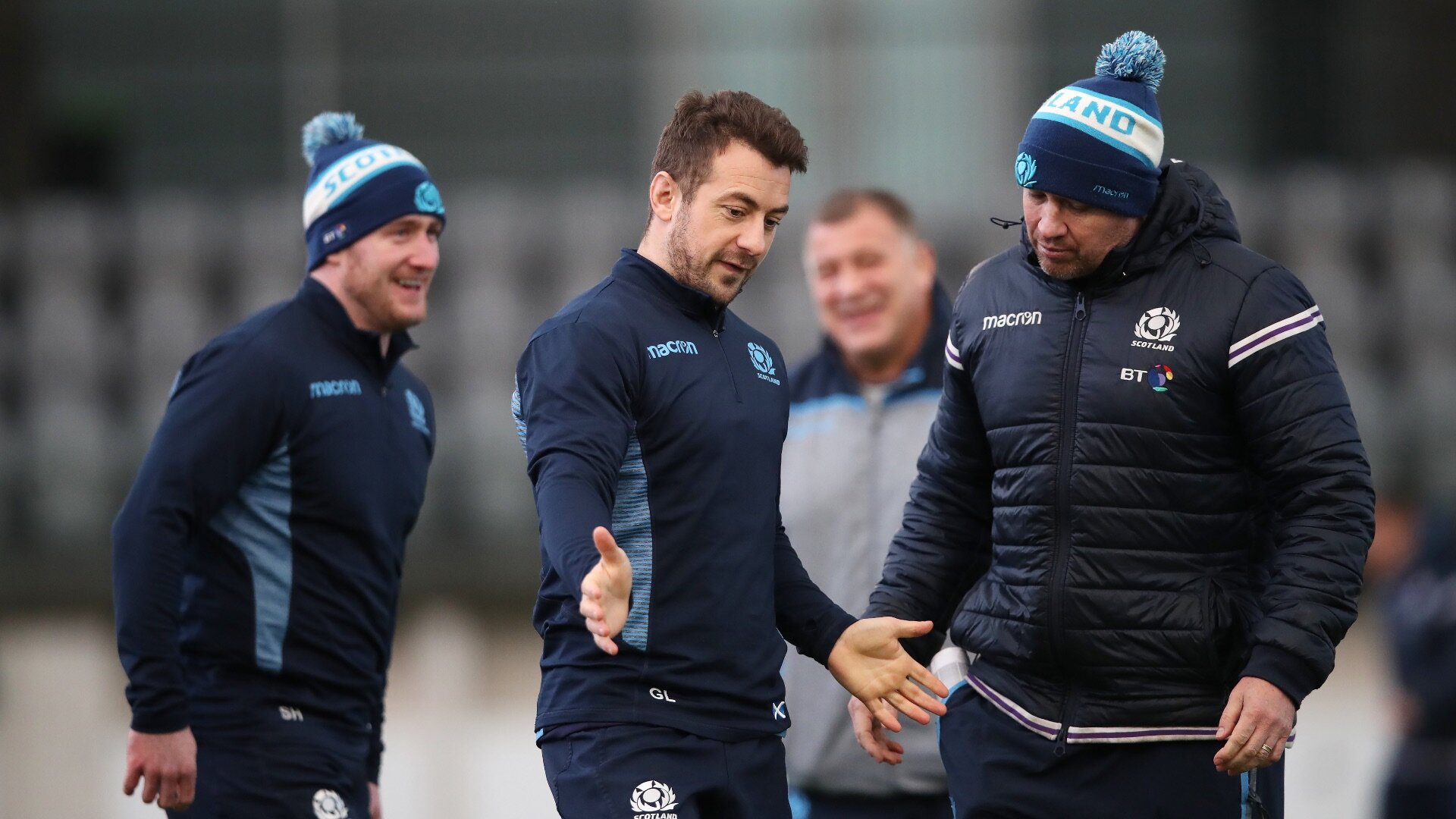Laidlaw becomes the third Scotland player in as many weeks to quit Test rugby

Clermont’s Greig Laidlaw has become the third player in as many weeks to call time on his international career with Scotland.
John Barclay and Tommy Seymour recently decided to concentrate on their clubs from now on after lengthy careers with the Scots, and France-based Laidlaw has now decided to follow suit.
“Emotionally, this decision was incredibly tough. However, when I reflected on what I have learned from playing Test level rugby and where Scotland is as a national team, it makes sense,” explained Laidlaw, who captained Scotland more than any other player (he was skipper in 39 of his 76 appearances) and is the country’s second all-time points scorer (714).
“Captaining your country to victory is the stuff of childhood dreams. To say I will never again stand in the tunnel, filled with nerves, alongside my rugby family and lead my team-mates out on to the pitch at BT Murrayfield is incredibly hard.
“While my body and heart could continue playing, my head tells me that it is time to let the team rebuild. In terms of where Scotland is now, they are in a position to spring forward and I cannot wait to give them my full support from the stands.
(Continue reading below…)
“To the Scotland coaches and backroom staff over the years who dedicate hours behind the scenes to prepare the team collectively and as individuals, I thank you.
“To the people who have helped me achieve my dreams: my team-mates, my parents, sister, family, close friends and my incredible wife, Rachel, and our sons, I will be forever thankful for all the support you have shown me over the years; you have stuck by me through thick and thin.
“I’d also like to thank Scottish Rugby and the staff behind the scenes who have both supported me as captain and a player and enabled the team to perform in front of capacity crowds.
BREAKING | Greig Laidlaw, Scotland’s most capped Captain, calls time on his International career. Last week Greig invited us to France to discuss his decision.
Watch his video at https://t.co/0zv1sFlFYx #AsOne pic.twitter.com/9A948iFENL
— Scottish Rugby (@Scotlandteam) December 19, 2019
“And finally, a massive thanks to the Scotland supporters both in Scotland and abroad for sharing the rollercoaster ride of international rugby with me.
“Your support was always appreciated, from messages on social media to being at the stadium, or just stopping to chat on the street. I look forward to supporting the team alongside you all at BT Murrayfield soon. Alba gu bràth.”
‘We need to have another 20, 30 players that are playing at a high level’
– @15GavinHastings tells @heagneyl what is needed to help @Scotlandteam, his pride in @adamhastings96 and @GlasgowWarriors, and his support for old pals @DoddieWeir5 and Tom Smithhttps://t.co/Z2bYF21t2M— RugbyPass (@RugbyPass) December 14, 2019
Scotland boss Gregor Townsend added: “Greig has been an outstanding servant for Scottish rugby through the passion and skill he displayed when wearing the thistle on his chest and also on the many occasions he led the side.
“That he began his Scotland career at stand-off before claiming the number nine jersey shows what an exceptional rugby player he is and was for Scotland and, to be captain on so many occasions, rightly places him alongside the best players to ever led the national team.”
WATCH: Scotland rugby legend Gavin Hastings surprises one of Glasgow Warriors’ longest-serving fans, Eric Graham, by giving him a lift to Scotstoun for a match in a Land Rover Discovery

































